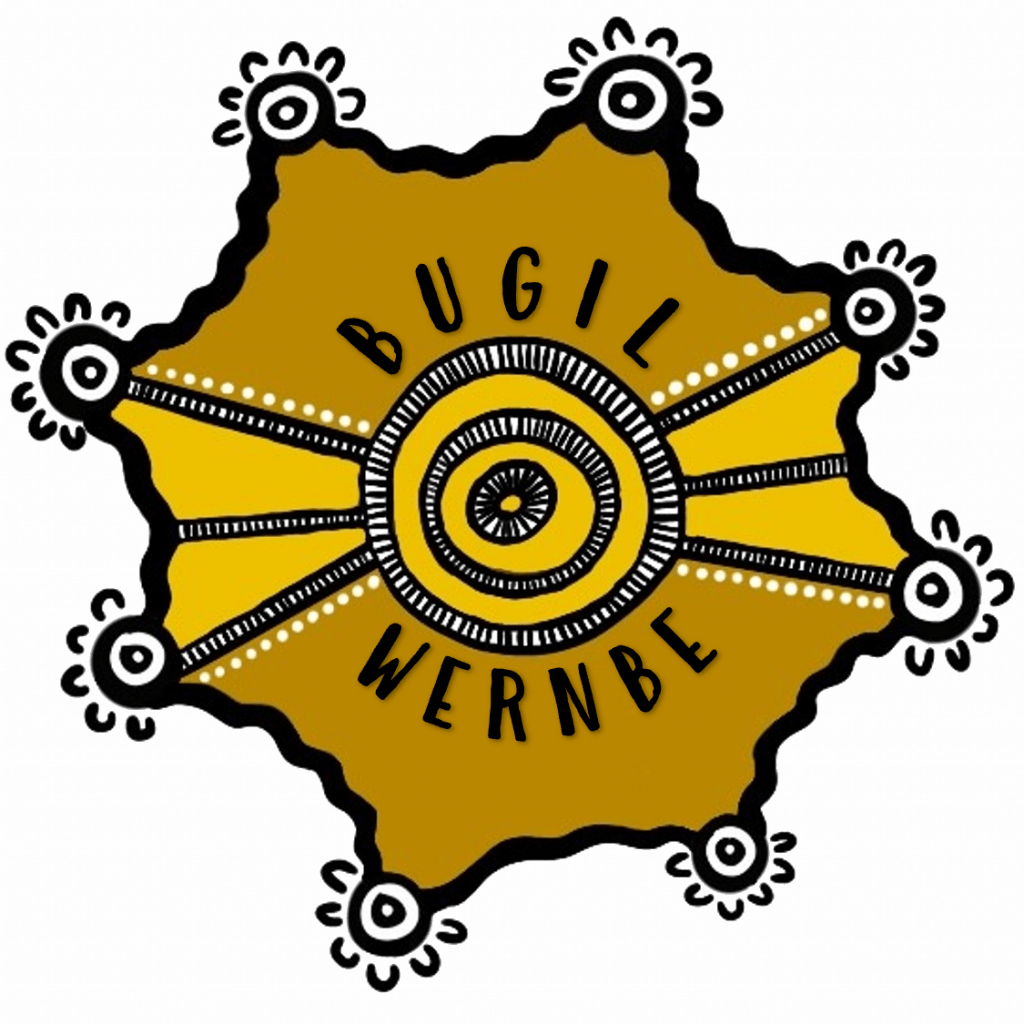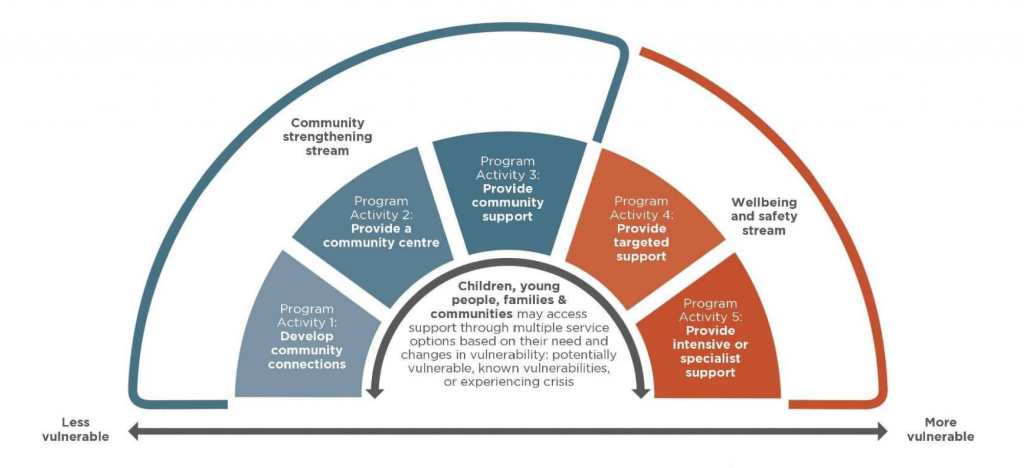

Tabulam District - Bugil Wernbe
What is Targeted Early Intervention? (TEI)
Funded as a Targeted Earlier Intervention (TEI) program, Bugil Wernbe delivers flexible support to children, young people, families and communities in need where it has come to the attention of Department of Communities and Justice (DCJ) that they are vulnerable. Tabulam District has been identified by DCJ due to geographic and social isolation factors, lack of service delivery on community and community demographics.
The program is fully funded 2021 to 2025 to offer support to families and community by linking to services and delivering projects and providing individual support to residents which enhances parenting capacity, family cohesion and wellbeing for Jarjums. As the number of our children reported to be at significant risk of harm continues to grow, we are pleased to have secured this program to target support to these remote communities and will continue to seek out opportunities to get similar funding for other communities across the Far North Coast of NSW.
Services are delivered under two broad streams:
- Community strengthening – activities that build cohesion, inclusion and wellbeing across all communities, and empower Aboriginal communities.
- Wellbeing and safety – activities that support families and individuals, and provide opportunities for personal development.
The TEI program will be collating outcomes data on services through the Data Exchange. This will improve how we respond to evolving client and community needs. As our evidence base grows, we will adapt service delivery to reflect what we know works, and align services to community needs with a more intention and focus
Practice Principles
Person Centred with the child, young person and/or family at the centre and leading decision making.
Strengths Based using a strengths based approach to service design and implementation, which support people to build their capacity for change
Evidence-Informed across the life course, using natural development phases and transition points as ‘triggers’ for service delivery (for example becoming pregnant, first 2,000 days of a child’s life, mothers returning to work, entry into early learning, starting school, transition to high school)
Holistic and collaborative working in partnership with other relevant services and/or organisations to achieve better outcomes with children, young people, and families.
Capability building to build social capital within communities
Trauma Informed to recognise the impact of trauma on those accessing services, and develop and implement trauma informed policies and practices.
Flexible and Responsive in working with families, recognising that families’ needs are not static, and that families may be transitioning in and out of hardship and disadvantage over time.
What Does the TEI Program look like?

Acknowledgements: The program has been named Bugil Wernbe which means “Respectful Learning”, named through consultation with a local Elder from the Wahlubul language of the Jubullum Village. These words best represent Bugil Wernbe, because program our primary aim is to ‘support our parents to be the best parents they can be’ by being respectful and listening and learning what their needs are. The logo was developed by our very talented employee. The symbol in the centre is the Aboriginal symbol that represents a meeting place, while the shape that surrounds this is based off a spider web to symbolise all connections (like a web), whether they are connections to Country, community or mob, they all intersect.
For more information or to make contact with our Bugil Wernbe worker – leave a message:
If you wish to find out more about the program. please call the office on 02 6626 3700 or email us at tei@ngunyajarjum.com